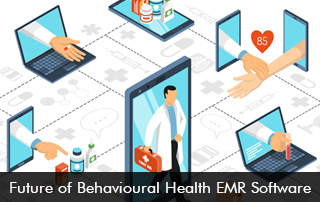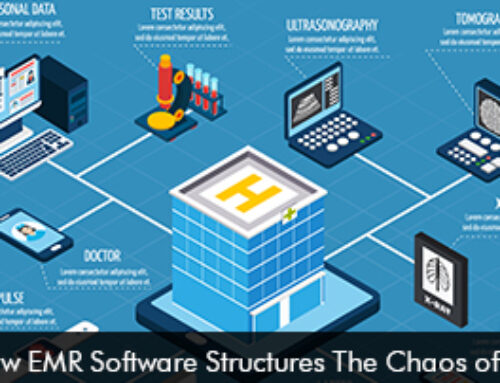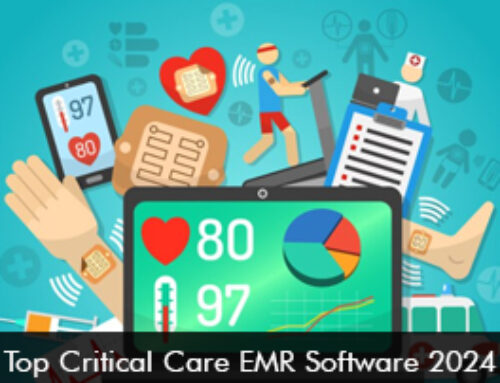In recent years, the usage of Behavioral Health Electronic Medical Records (EMR) Software in the United States has grown in popularity. The increase in adaptation rates has been due to government incentives, enhanced technology, and the prevalent benefits of using mental health software systems by behavioral health providers.
What is a Behavioural Health EHR Software?
The Mental and Behavioural Health EMR Software system is a specialist software solution developed to address the unique demands of mental health and behavioral health clinicians and organizations. It is used to manage and maintain patient records, treatment plans, clinical documentation, and administrative responsibilities linked to mental health care.
The Main Functionalities of Mental and Behavioural Health EMR System
The following features and tools are present in a top-ranked behavioral health software system. The set of robust functionalities not only streamlines clinical, administrative, and financial workflows but also provides an opportunity for providers to deliver high-quality patient care and boost outcome levels.
- Patient records management
- Treatment planning
- Clinical documentation
- Medication management
- Billing and Revenue Cycle Management Solution
- Telemedicine integration
- Appointment scheduling
- HIPAA-compliance
- Templates specific to mental health.
The Future of Behavioural Health Electronic Health Records Software
The future of behavioral health EMR Software looks promising and there are emerging trends that will revolutionize mental healthcare. Research from Vantage Market on the Global Behavioral Mental Health Software Market reveals that an increase in government funding and initiatives will boost mental health electronic medical records software adaptation rates.
The market demand for mental healthcare EHR software will grow because of the following positive drivers.
Advanced EMR Software solutions to handle various mental health conditions
Due to the COVID-19 pandemic, many people have been suffering from anxiety and depression. There has been an overall rise in stress levels because of global inflation, security reasons, and a lack of strong family bonds. The mental healthcare sector will increasingly deploy behavioral health EHRs to provide timely support and treatment to patients.
Improved Telehealth Integration
Telemedicine software has become critical, especially for behavioral health. The remote care option allows patients to seek therapy and counseling from the comfort of their homes. The EMR software technology will likely continue to enhance its integration with telehealth platforms, enabling secure video consultations, messaging, and remote monitoring of patients. This will in turn expand access to mental health services beyond geographical barriers.
Interoperability
A strong interoperability landscape will enable behavioral health EHR Software systems to share patient data seamlessly. This will support care coordination which is an important element to offer holistic care to patients and enhance outcome levels.
Wearable Technology and Remote Patient Monitoring
Behavioral Health EHRs will further seamlessly synchronize with health monitoring wearables. Wearables like smartwatches can track patient vitals and emotional fluctuations. This can support timely intervention and care.
Moving Ahead
Mental and Behavioral Health EMR software technology shows potential for strengthening treatment effectiveness, expanding access to care, and delivering more individualized and integrated mental healthcare services. Keeping up with these advancements will be essential for mental health professionals and healthcare organizations as the area develops.







